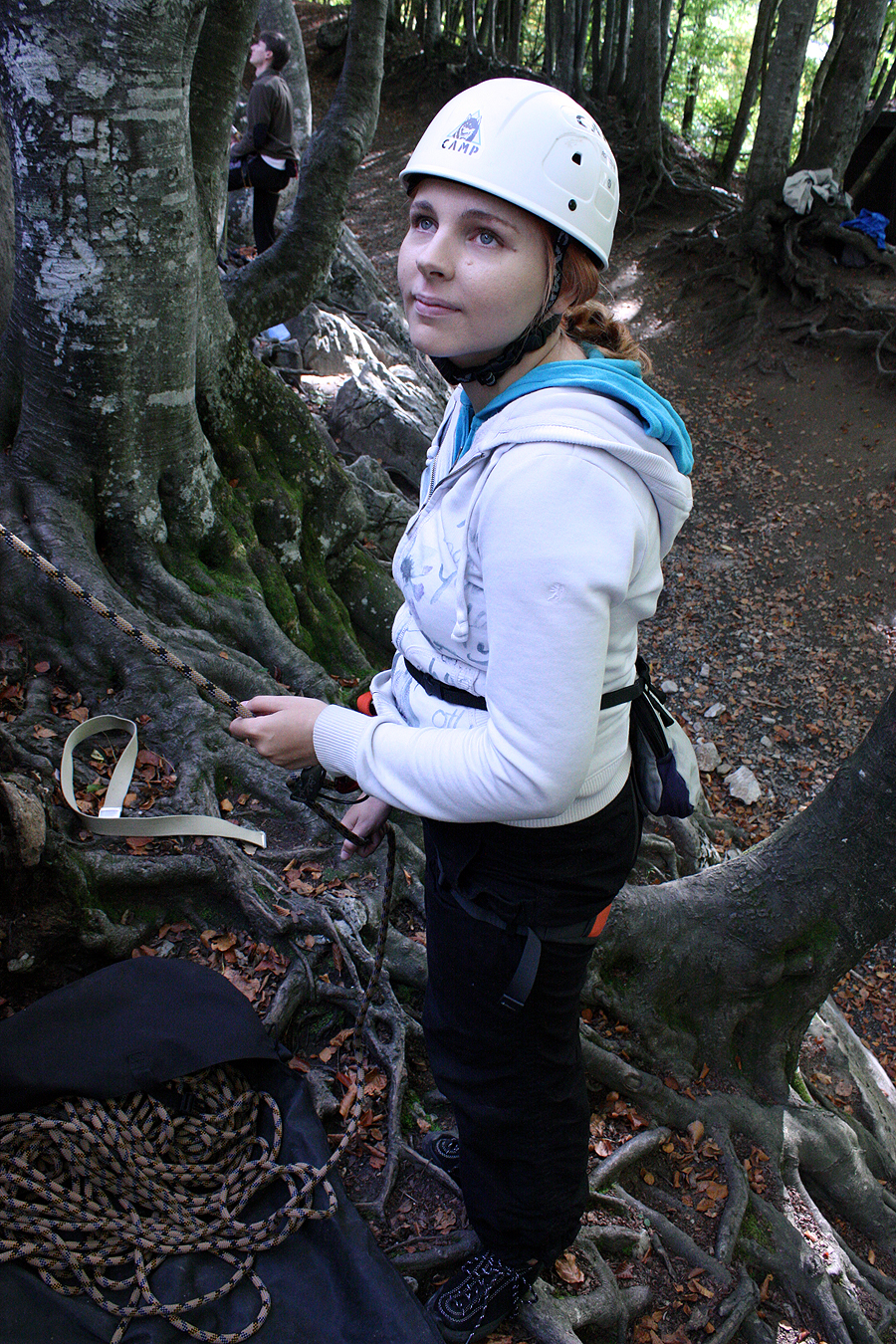The InTaVia team draws from nine European institutions dedicated to research and development in the area of digital cultural heritage.
- Danube University Krems (Austria)
- Vrije Universiteit Amsterdam (Netherlands)
- Research Centre of the Slovenian Academy of Sciences & Arts (Slovenia)
- Aalto University (Finland)
- University of Southern Denmark (Denmark)
- Austrian Academy of Sciences (Austria)
- University of Stuttgart (Germany)
- Fluxguide (Austria)
- University of Helsinki (Finland)
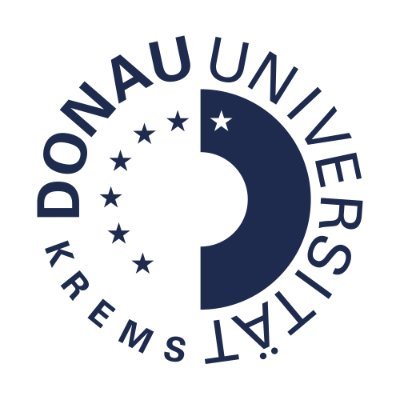
Danube University Krems (Austria)
Department for Arts and Cultural Studies
More information can be found here.
Individual team members
| Eva Mayr is a psychologist. Her research focuses on the cognitively grounded design and evaluation of information visualizations. She coordinates the project together with Florian Windhager and leads WP07 on evaluation. personal website |
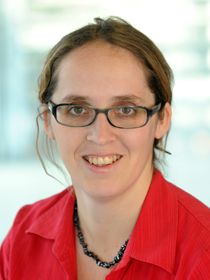 |
||
| Florian Windhager studied philosophy and sociology. His research focuses on information visualization for the digital humanities. He coordinates the project together with Eva Mayr and leads WP09 on project management and WP10 on ethics requirements. personal website |
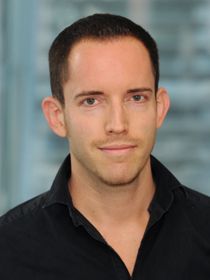 |
||
| Anja Grebe is professor of cultural history and museum studies at Danube University Krems since 2015. In the InTaVia project she will contribute to the definition of users and case studies and add to evaluation and tool criticism. personal website |
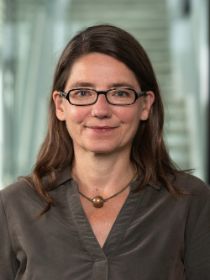 |
||
| Nicole High-Steskal is an archeologist. She works as a staff scientist at the Department for Arts and Cultural Studies and takes care of project management, case studies and evaluation tasks in the InTaVia project. personal website |
 |
||
| Johannes Liem is a cartographer and visualisation researcher. His research focuses on the visual and narrative communication of spatio-temporal data. He is involved in the visualisation development processes in WP05 and WP06. personal website |
 |
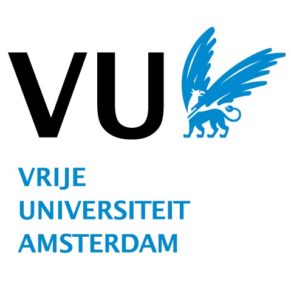
Vrije Universiteit Amsterdam (Netherlands)
More information can be found here.
Individual team members
| Victor de Boer is a computer scientist at the User-Centric Data Science group of the Vrije Universiteit Amsterdam. In his research, he combines (Semantic) Web technologies with Human-Computer Interaction, Knowledge Representation and Information Extraction to tackle research challenges in various domains. These include Cultural Heritage, Digital Humanities and ICT for Development (ICT4D). personal website |
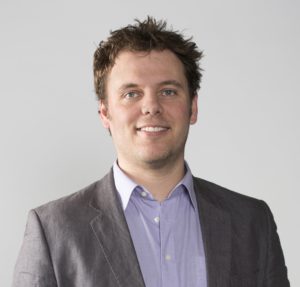 |
||
| Antske Fokkens is a computational linguist at VU. Her main interest lies in methodological aspects of research in Computational Linguistics. She is driven by the question of how computational models of language work: what patterns and systems are found in natural language? How can they be modeled computationally? Which computational methods are suitable for modeling or analyzing which phenomena. personal website |
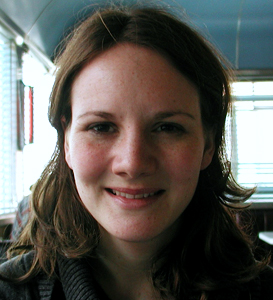 |
||
| Angel Daza is a computer scientist with expertise in Natural Language Processing. He completed his Ph.D. research at Heidelberg University where he worked on multilingual models for Semantic Role Labeling, and recently joined as a postdoc for the CLTL group at the Vrije Universiteit Amsterdam. personal website |
 |
||
| Piek Th.J.M. Vossen is professor of computational lexicology at the VU University Amsterdam, head of the Computational Lexicology & Terminology Lab, and founder and president of the Global WordNet Association. personal website |
 |
||
| Go Sugimoto is originally an archaeologist and have studied archaeological computing and heritage management. He specialises in cultural heritage documentation, knowledge management, and Semantic technologies. He has worked in different organisations across the globe, inlcuding Europeana, Wessex Archaeology in UK, National Archives of Netherlands, National Museum of Modern Art, Tokyo, and Academy of Sciences in Austira. personal website |

Research Centre of the Slovenian Academy of Sciences & Arts (Slovenia)
Individual team members
Tomaž Erjavec is a computational linguist. His research interests are in the fields of language technologies, compilation of language resources, development of encoding standards, and text-based digital humanities. He participates in WP04, mostly as regards processing of the Slovenian data.
personal website

Neža Zajc specializes in the early Renaissance period. Her research interest include paleographical tools in manuscripts (and other archive materials) and individual (biographical, linguistical, semiotical) contributions to the history of humankind. She participates in WP1 and WP8.
personal website
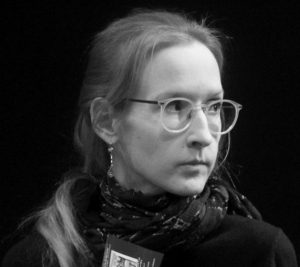
Gregor Pobežin is a classical philologist and historian of Greece and Rome. He also specializes in the Humanist literature of the 15th and 16th century and the Latin epigraphy of the late medieval and early modern period. He participates in WP1 and leads the WP8.
personal website

Matija Ogrin focuses on the studies in early modern Slovenian literature are based on the research of primary sources and their traditional scholarly treatment: transcription, commentary and critical editing. He participates in WP3.
personal website
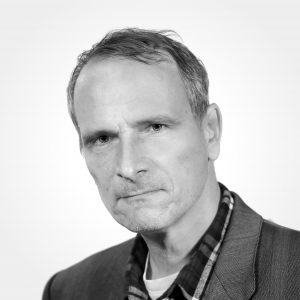
Petra Testen Koren is a historian. Her research centres on: cultural history, challenges of oral history, history of everyday life, history of women, history of family, memory, etc. She participates in WP8.
personal website
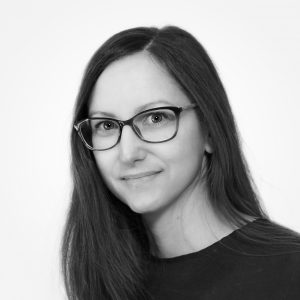
Ahac Meden is the co-editor for Popular Culture, Media Art and New Media, and the technical web editor on the project of the New Slovenian Biographical Lexicon (NSBL). He participates in WP8.
personal website
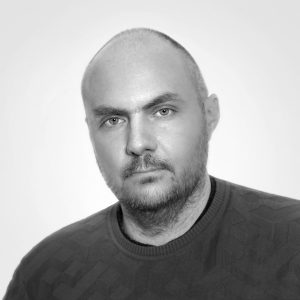
Joh Dokler
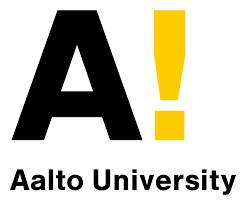
Department of Computer Science
More information can be found here.
Individual team members
| Jouni Tuominen is a computer scientist. His research focuses on ontology repositories and services, linked data publishing methods, ontology models for legacy data, and tooling for digital humanities. He leads WP02 on information & system architecture. personal website |
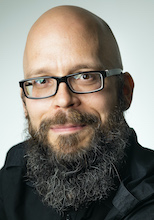 |
||
| Heikki Rantala is a doctoral candidate at department of computer science in Aalto University. He is interested in creating computational tools and methods to aid the research of cultural heritage. personal website |
 |
||
| Mikko Koho is a computer science researcher at Aalto University. His research focuses on Knowledge Graph generation, Linked Data applications, ontologies, data modelling, and tooling and data analysis in interdisciplinary Digital Humanities research. personal website |
 |
||
| Petri Leskinen is a doctoral candidate at department of computer science in Aalto University. He is doing his dissertation on actor ontologies and biographical data. personal website |
 |
||
| Rafael Leal is a doctoral candidate at the Department of Computer Science in Aalto University with a background in Computational Linguistics and History who is interested in integrating Linked Data and Natural Language Processing. | |||
| Joonas Kesäniemi is a doctoral candidate at Aalto University. His research interests revolve around management of knowledge graphs in the context of open data and science. He is passionate about making the most of the data, both old and new. Before joining Aalto in 2020, he spent more than a decade in the public and private sector advocating and putting linked data and semantic web technologies to work in organizations by implementing production systems and more experimental projects in roles ranging from developer to information architect. | 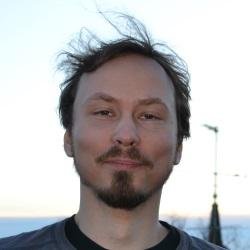 |
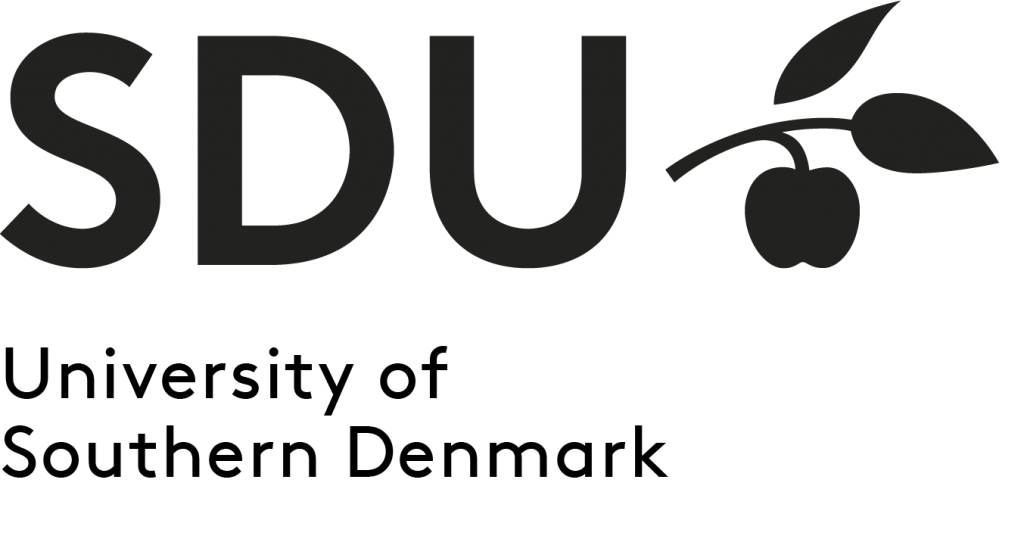
University of Southern Denmark (Denmark)
Department of Mathematics and Computer Science
Individual team members
| Jakob Kusnick studied computer science in Leipzig, Germany, and is now a Ph.D. student at the University of Southern Denmark. He researches and develops user-centered interactive information visualization tools for cultural heritage with a focus on musicology. For the project, he is mainly involved in the visual storytelling for digitized cultural objects and actors. | 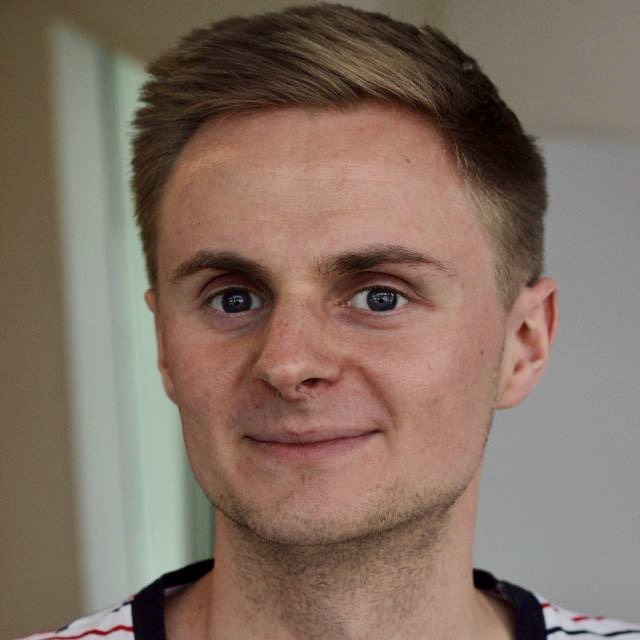 |
||
| Stefan Jänicke is Associate Professor for Data Science at the Department of Mathematics and Computer Science at the University of Southern Denmark, Odense, Denmark. He received his PhD degree in computer science in 2016 from Leipzig University, Germany. His research interests relate to information visualization and visual analytics with a focus on text-, time- and geovisualization, and their application in research areas like (digital) humanities, linguistics, social sciences, biology and sports. personal website |
 |
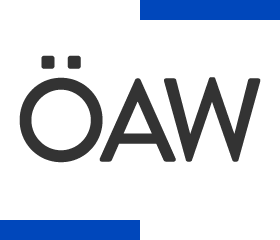
Austrian Academy of Sciences (Austria)
Austrian Center for Digital Humanities and Cultural Heritage (ACDH-CH)
More information can be found here
Individual team members
Georg Vogeler is a digital humanist, trained as historian with a specialisation in historical auxiliary sciences. He is doing research on digital scholarly editing and knowledge representation in particular with semantic web technologies. He is professor at the University of Graz and scientific director of the ACDH-CH at the Austrian Academy of Sciences.
personal website

Matthias Schlögl
Ingo Börner
Richard Kurdiovsky studied History of Art, History, Classical Archaeology, and Slavonic Studies in Vienna, freelancer for the Architecture Collection at the Albertina Museum in Vienna (1997–2004), researcher at the Austrian Academy of Sciences since 2005, received his doctorate on Carl Hasenauer and Gottfried Semper in 2005. Has taught inter alia at the University of Vienna. Research foci: the Vienna Hofburg in the nineteenth century, Central European architecture from the Baroque to the twentieth century, urban culture in the Habsburg Empire.
personal website

Maximilian Kaiser studied art history at the University of Vienna. In his dissertation he examined the reception of the artistic avantgarde by Viennese art criticis. Before joining the Austrian Academy of Sciences, he worked from 2013 to 2015 as a research associate for the museum Österreichische Galerie Belvedere. From 2015 to 2019 he was part of the APIS project team. Since 2020 he is co-project manager of the VieCPro project, responsible for historical network analysis.
personal website

Carla Ebel works as a Data Analyst at Austrian Academy of Sciences. She studied European Art History and Religious Studies at the University of Heidelberg and is in a master's program Digital Humanities at the University of Graz. Her focus in DH are semantic web technologies, ontology modeling and various aspects of digital art history.
personal website
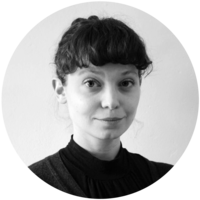
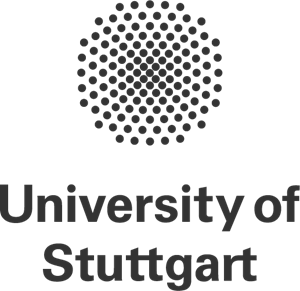
University of Stuttgart (Germany)
Institute for Visualization and Interactive Systems
More information can be found here.
Individual team members
Thomas Ertl is co-director of the Visualization Research Center (VISUS) and a full professor of computer science at the University of Stuttgart in the Visualization and Interactive Systems Institute (VIS). His research interests include visualization, computer graphics, and human computer interaction in general with a focus on volume rendering, flow and particle visualization, parallel and hardware-accelerated rendering, large datasets and interactive exploration, visual analytics of text collections, and social media with applications to digital humanities.
personal website
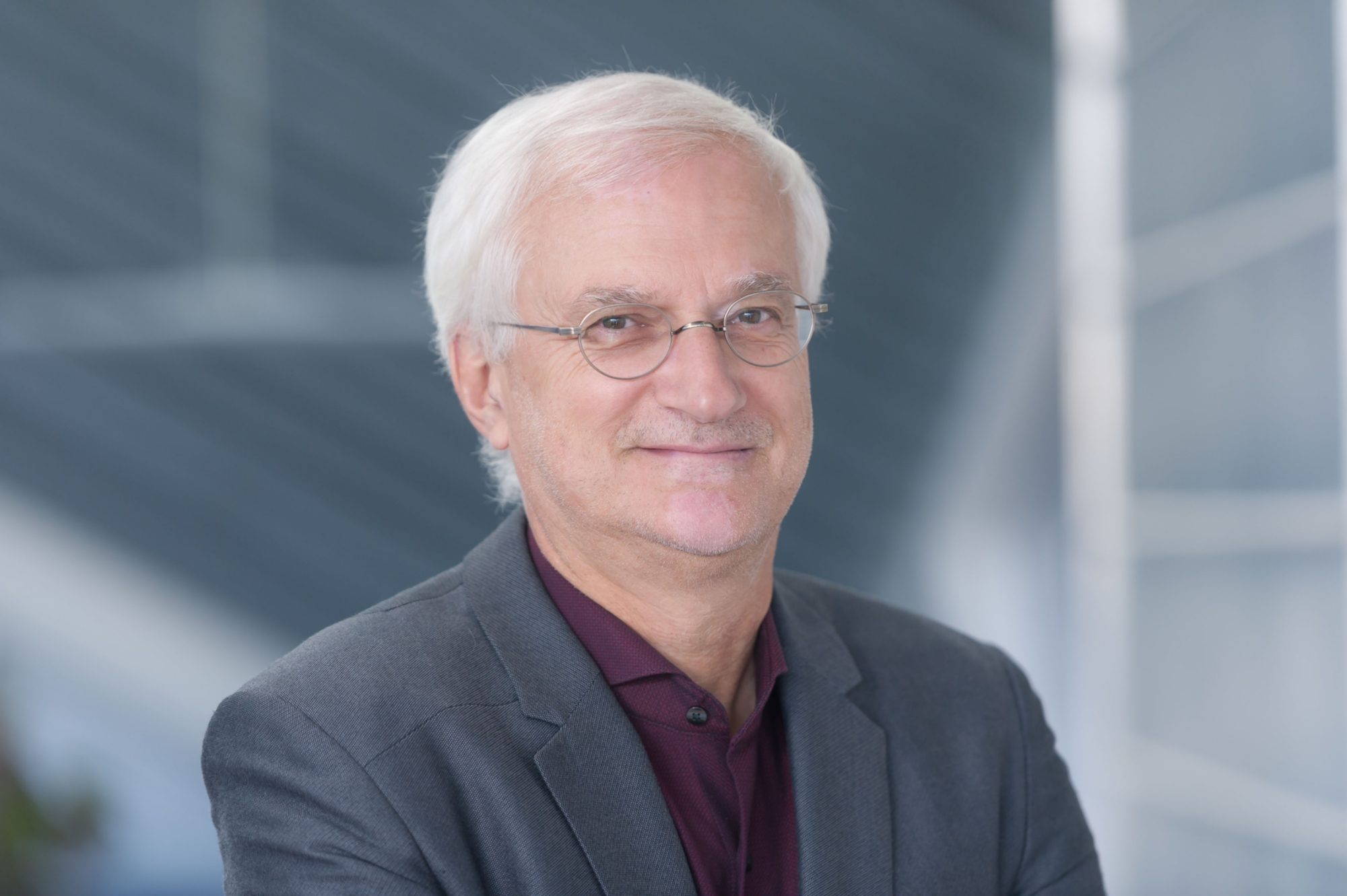
Steffen Koch is a computer scientist. His main research interests are information visualization and visual analytics with a focus on explorative analysis techniques. He is a senior research fellow at the Institute for Visualization and Interactive Systems (VIS) at the University of Stuttgart, where he coordinates visual analytics and digital humanities projects.
personal website
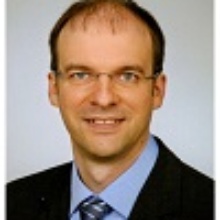
Samuel Beck is a doctoral researcher at the Institute for Visualization and Interactive Systems (VIS) at the University of Stuttgart. His research interests include information visualization, visual analytics, and digital humanities. He is mainly involved with the visual analytics studio in WP5.
personal website
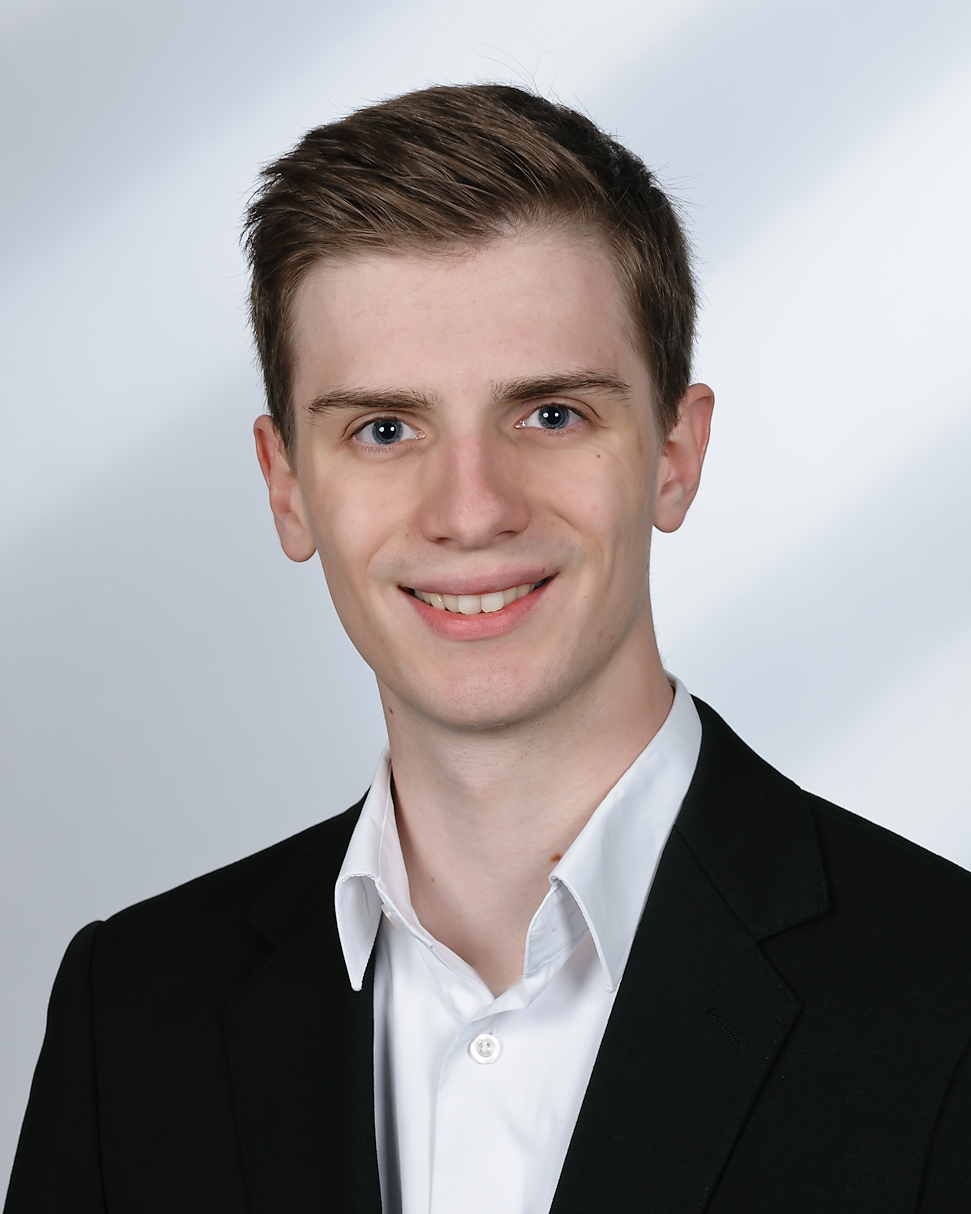
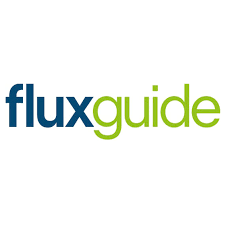
Fluxguide Ausstellungssysteme GmbH (Austria)
More information can be found here.
Individual team members
Carina Doppler is a project manager with several years of experience in the conception and implementation of interdisciplinary projects in the cultural and media sector. She managed augmented reality mediation projects for international institutions, clients and partners.
Kasra Seirafi holds a PhD from the University of Vienna (Austria) and Stanford University (USA), M.A. from University of Vienna (Austria), B.Sc. from University of Derby (UK). As professional in leading positions, Dr. Kasra Seirafi contributed to the field of knowledge management systems, E-Learning, mobile innovations, cultural heritage technologies, and other related topics. Currently he works as founder and managing director at the technology SME Fluxguide. He has 20+ years of experience in industry and research projects worldwide as well as a researcher and lecturer at international universities. Dr. Seirafi provides experience both in leading and contribution functions within several FP7 and Horizon 2020 projects and local funded research activities.
Linnéa Richter studied International Development (University of Vienna) and Digital Media and Society (University of Uppsala) with a focus on digital transformations in museums. She has several years of experience in project management in the field of education, sustainability and cultural institutions. She successfully implements didactic requirements for digital concepts. At Fluxguide she is currently engaged in product development regarding cultural heritage collections and digital learning platforms.
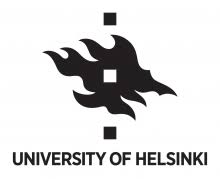
University of Helsinki (Finland)
Helsinki Centre for Digital Humanities (HELDIG)
More information can be found here.
Individual team members
Eero Hyvönen is director of HELDIG at UH and professor of semantic media technology in Aalto University, with interest in Semantic Web and NLP technologies and applications in Digital Humanities.
personal website
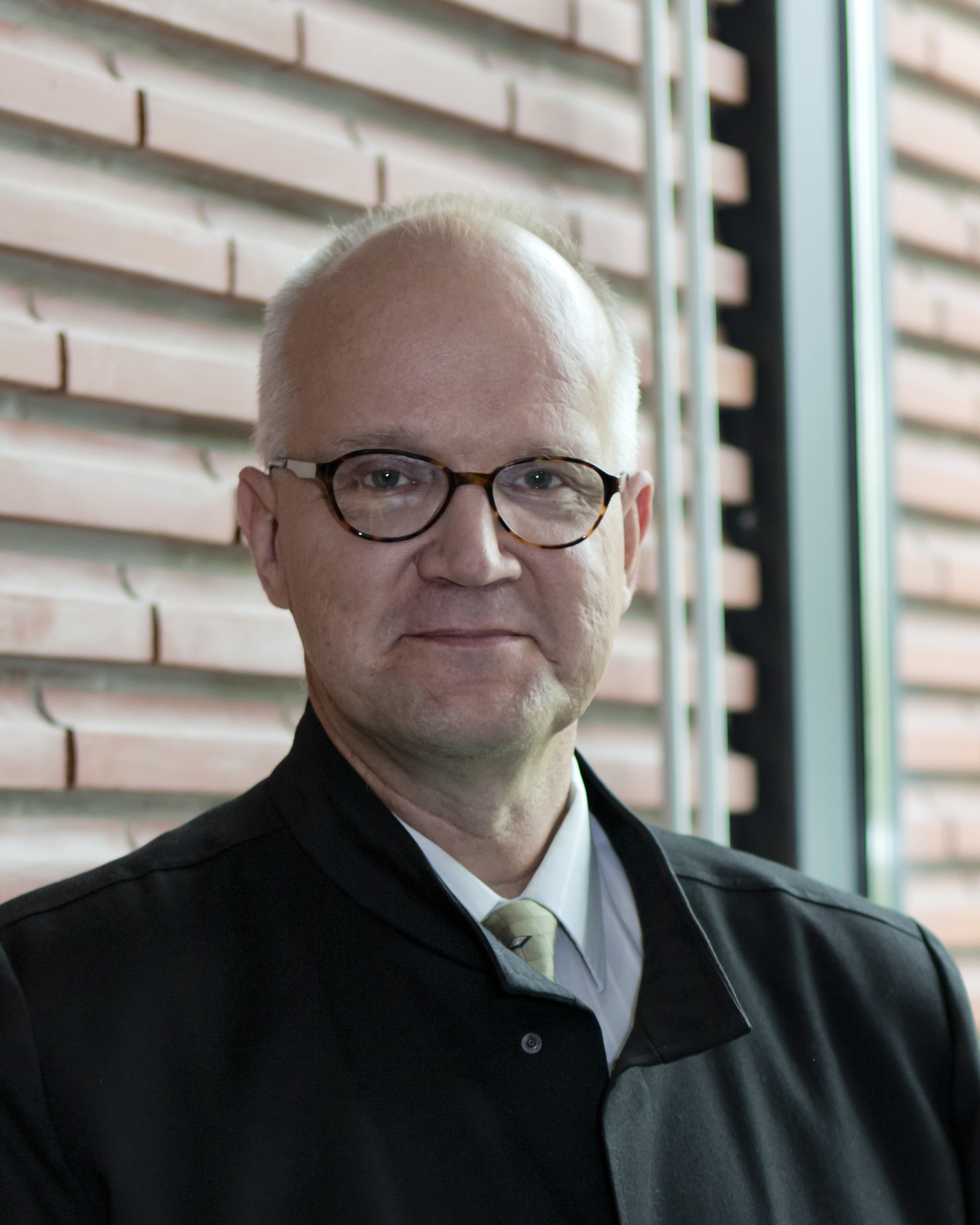
Minna Tamper is a doctoral candidate at department of computer science in Aalto University. Her research interests include linked data, natural language processing and data analysis.
personal website
